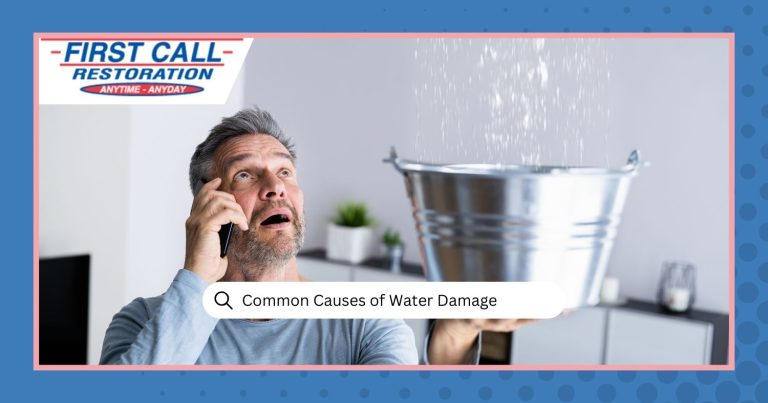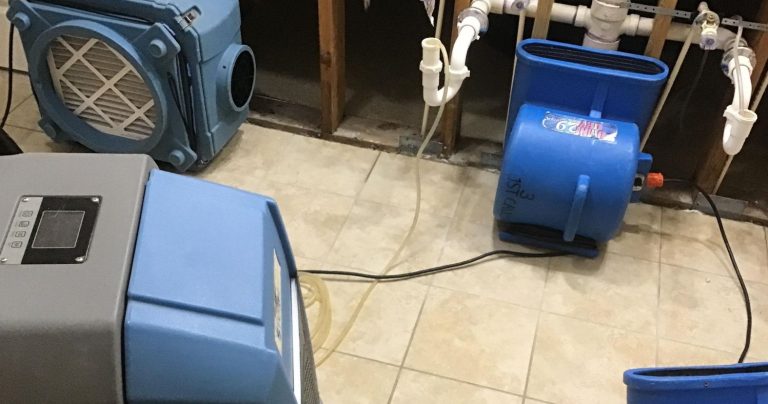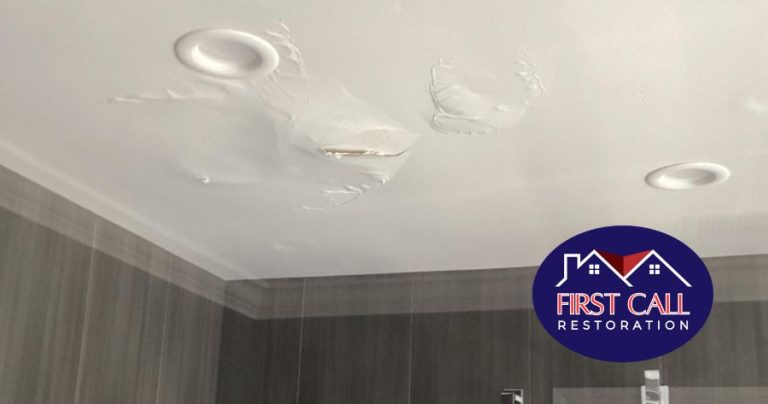Table of Contents
ToggleTop 25 Winter Mold Prevention Tips!
First Call Restoration is dedicated to providing our customers in the Southeast New York area with timely information on mold and indoor air quality issues.
As the temperature gets colder, we all tend to stay indoors more. To ensure that you stay healthy, please pay attention to the quality of the air you breathe.
Mold is not just a concern in the summer when heat and humidity are at their peak. As documented in a previous article, the ingredient mold needs to grow is moisture, a food source which homes provide ample quantities of, and of course the right temperature which is created when homes are heated. The key to preventing mold growth is to address moisture issues immediately and also maintain low humidity levels.
The main purpose of this article is to list and explain 7 key mold facts and provide you with 25 tips to prevent mold in your home!
Experts at mold remediation in your home or office
Contact us today
(845) 442-6714
Top 7 Mold Facts You Need To Know!

- When moisture builds up in the interior or exterior of a home or commercial structure, mold growth can start in as little as forty-eight hours.
- Mold can be found most places both indoors and outdoors.
- Because mold is microscopic, it can travel through the air, enter the home through the windows, doors, on clothing, pets, or even through the air conditioning and heating systems. It travels quickly; therefore, ensuring that the home or structure does not have any unnecessary moisture in it is important.
- The spores of the mold live because of moisture. The worst thing that can be done to try to get rid of mold is to spray it down with more moisture and wipe it away. This only accelerates the mold growth, making the spores grow into colonies quickly. The result is a cluster of colonies living in the walls and floors that are producing harmful allergens and irritants.
- Often, mold can begin with a broken pipe that is leaking water within the walls. In this instance, it is important that the sources of water or moisture be addressed. If they are not, the original problem will simply invite the mold to return.
- Mold gives off a very distinct, unmistakable, musty and strong odor that can be followed to the problem areas. It is actually very helpful in identifying when there is mold in the home or structure.
- Indoor humidity that is elevated past the normal range can support mold growth because the moist, damp, heat is the perfect feeding ground for the mold. As a rule of thumb, indoor humidity should always be kept below forty-five percent.
Considering these facts, here are the top 25 tips to prevent mold in your home or business during the winter.
Top 25 Tips To Prevent Mold In Your Home Or Business!

- Paper, books and clothing are sources of food for mold, so don’t store them in humid parts of your home, such as your basement, especially close to the floor or walls.
- If you have a crawl space under your house, cover the soil in the crawl space with waterproof polyethylene plastic. If your crawl space has vents, close the vents in the summer and keep them open in the winter.
- Make sure your clothes dryer is vented to the outdoors.
- Replace cracked or defective mortar in basements. If you find your basement is wet or has water leaking into it, inspect the outside drainage systems.
- Make sure the caulking on your windows is maintained to ensure proper insulation.
- Choose aluminum or vinyl window frames to limit food sources for mold, or paint wooden window sills with a high gloss paint to help protect the wood and make it easier for cleaning.
- Make sure your exterior walls are well-insulated. This will also help with your utility bills.
- Make sure drain lines, ductwork, and filters are all clean.
- Have a professional check to make sure your heating and cooling system is sized and operating properly to remove humidity. Check for air leaks and proper airflow.
- Set ceiling fans in reverse. Running them at night will help increase air circulation near windows. This helps to prevent moist air from becoming stagnant and condensing on your windows.
- Consider getting a dehumidifier for your basement. The cool basement floor and walls can be a source of moisture build-up, and a dehumidifier will control the humidity level and make it harder for mold to start growing.
- Wipe down any water or condensation on your windows. If you have a lot of condensation, you should consider replacing your windows with more efficient ones.
- Keep the humidity of your home below 60%. It should be between 35-45% if possible. Use a dehumidifier if necessary.
- In the bathroom and kitchen, use exhaust fans or open windows when producing moisture, such as taking a hot shower. Exhaust fans should be vented to the outdoors and not to an attic or crawl space.
- Make sure your attic is well insulated and ventilated.
- If you have water problems in your basement or crawl space, clean up affected areas as quickly as possible and call First Call Restoration.
- On top of your regular furnace filter, which should be changed every month during the winter, think about getting a high-efficiency particulate air (HEPA) filter. This is a separate unit installed next to your furnace that can filter more particles than the average furnace air filter. In most cases it’s also washable, so you wash it every month and put then it back in.
- Paint concrete floors, or use area rugs instead of carpet, so the mold won’t have a place to hide. If you must install carpet in your basement, put down plastic sheeting as a moisture barrier. Then add insulation and plywood before you add your carpet. This will help keep the moisture out of your carpet.
- Avoid finishing your basement walls with insulation unless your basement is very dry.
- Rainwater or melted snow can seep in through leaks in your walls, windows, and roof. Check to make sure your house is sealed from the elements, and fix any gaps as soon as you can.
- Use unvented gas or kerosene space heaters sparingly and not as a primary heat source.
- Use your humidifier as little as possible.
- Keep air conditioning and refrigerator drip pans clean.
- Make sure that your gutters and downspouts are clean and that the area under your downspouts is graded so that water from the roof flows away from your foundation. If necessary, extend your downspouts.
- Remove possible sources of mold growth by regularly vacuuming and cleaning. Pay close attention to bathrooms and other areas of your home that are likely to generate a lot of moisture.
Got Mold or Indoor Air Quality Questions?

Since we spend 90% of our time indoors, it is important to understand that mold can still be an issue and can cause many health concerns.
When it comes to the air you breathe, do not take chances.
One of the most proactive steps you can take to having a healthy home is to invest in a healthy home inspection.
This is an inspection that looks at specific areas and systems in your home that impact your health. It may include thermographic scans to detect potential leaks and mold hiding behind walls plus electrical fire hazards.
A healthy home inspection should also include indoor air quality tests.
If you think you may have mold or indoor air quality concerns, call the professionals at First Call Restoration. We have more than 20 years of experience and understand and empathize with your needs. Call us, (845) 442-6714, or send us an e-mail. We look forward to serving you! 🙂
Experts at mold remediation and indoor air quality in your home or office
Contact us today
(845) 442-6714
We do mold remediation.




